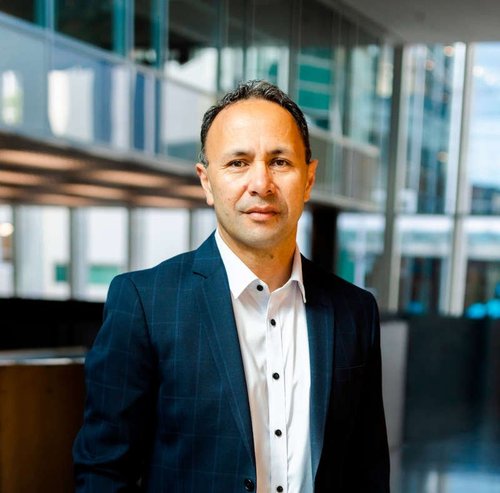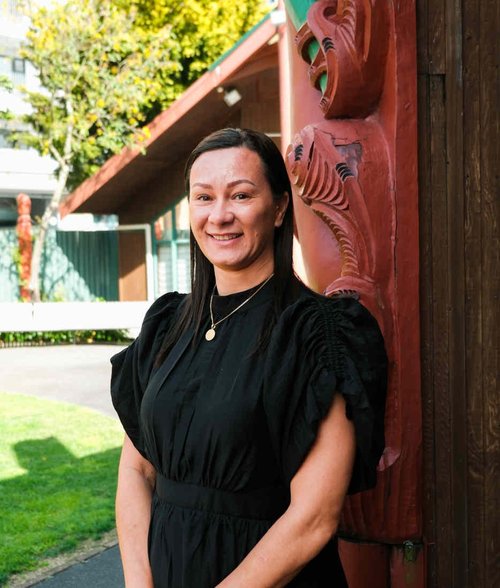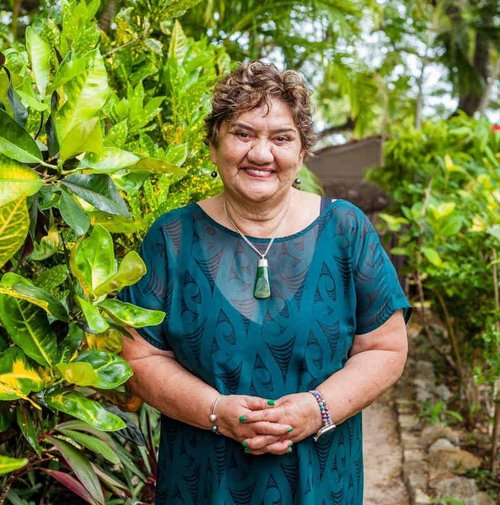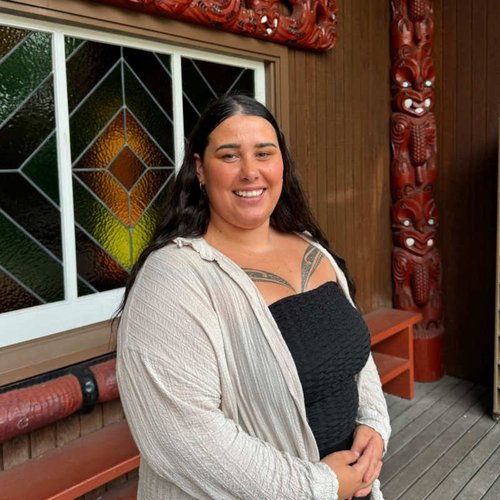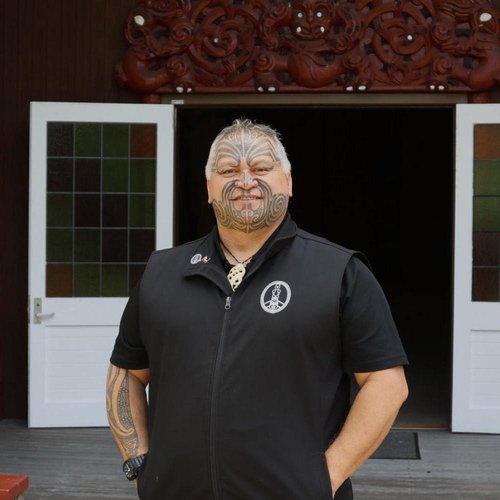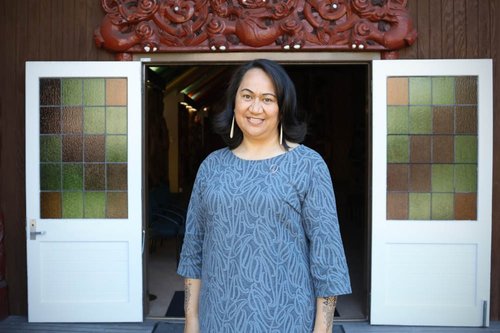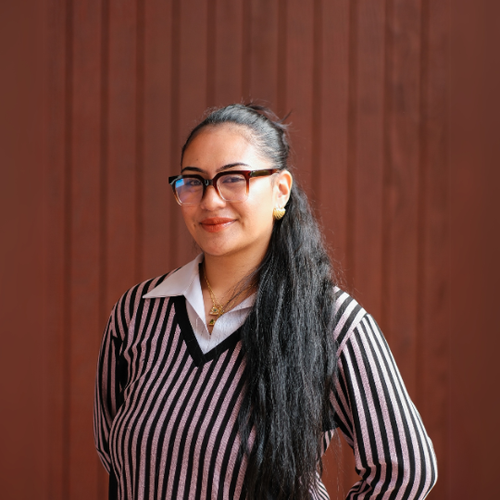37 Years of WIPCE
A Global Indigenous Education Movement
WIPCE is more than a conference every three years, it’s a global movement. In 1987, in Vancouver, Canada, Elders and knowledge keepers gathered to solidify the purpose and place of WIPCE, centred on the pivotal role of community. Since its inception, WIPCE has united Indigenous educators, leaders and knowledge keepers in a shared vision -— to honour, preserve and advance Indigenous education.
Indigenous knowledge is the heartbeat of Indigenous identity. It shapes how we understand the world, passed down through storytelling, cultural practice and lived experience. Indigenous culture is a taonga (gift). It is a legacy that is passed down through generations, shaping the principles and practices of people across the world. Indigenous peoples are represented on all continents of the earth and contribute significantly to the cultural and linguistic diversity of every whenua (land) they belong to.
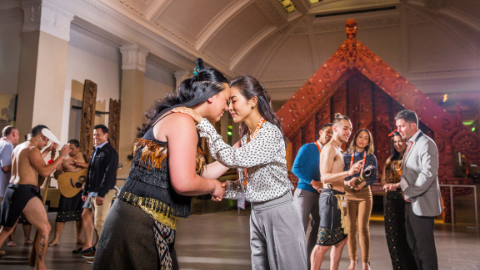
WIPCE has a longstanding legacy of celebrating Indigenous excellence in education. It has grown to become a major international event in the Indigenous calendar, providing the space for intrinsic Indigenous knowledge to be shared. WIPCE gathers Indigenous knowledge keepers from around the globe to share strategies for culturally grounded education, connect with other Indigenous peoples and hear from those world renowned in Indigenous education.
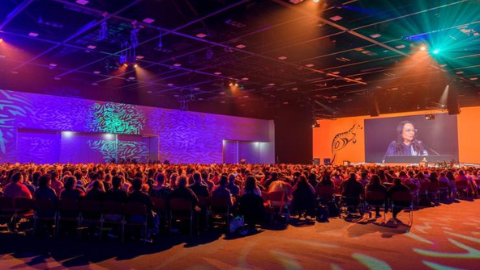
WIPCE 2025 will continue the legacy of the movement, looking to the past and present to inform the future of Indigenous knowledge.
As kaiārahi (hosts) of WIPCE 2025 we are committed to the values as ratified through the Coolangatta Statement on Indigenous Peoples’ Rights in Education and the United Nations Declaration on the Rights of Indigenous Peoples.
Our hosts
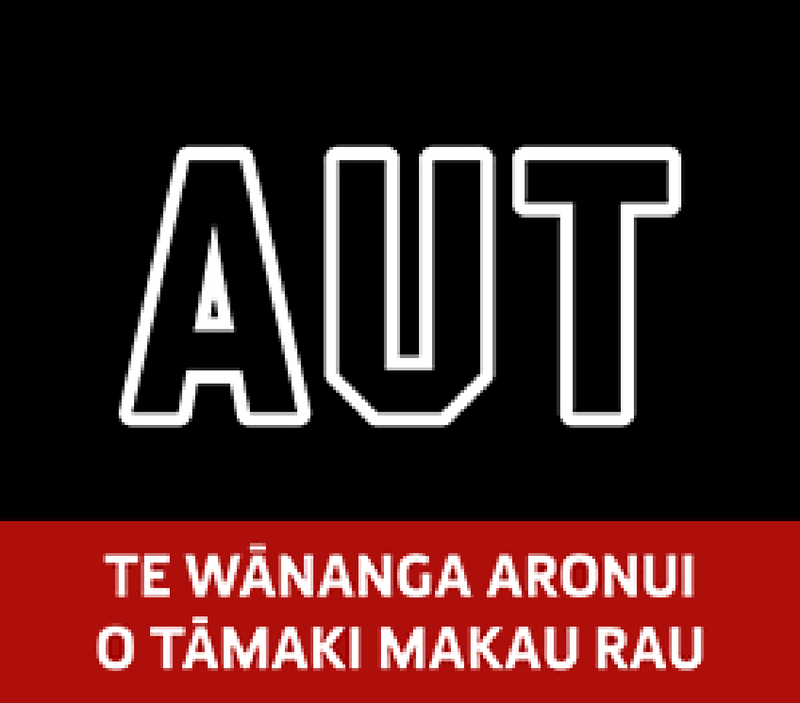
Te Wānanga Aronui o Tāmaki Makau Rau, also known as the Auckland University of Technology (AUT), is one of the world’s best modern universities. We embrace new technologies to lead the learning of tomorrow, and prepare our students for the rapidly changing world. AUT has more than 60 research centres and institutes delivering leading research – from artificial intelligence to robotics, and ecology to public health. As a contemporary university, AUT is connected to an extraordinary range of organisations worldwide; sharing expertise and resources, collaborating on ground-breaking research, and connecting students with industry leaders and employers.
The university has a strong and important relationship with Māori, which honours the principles of Te Tiriti o Waitangi, New Zealand's founding document. This commitment is reflected in our educational, social and philosophical culture. Our Office of Māori Advancement works closely with Māori staff, students and the wider community in advising and implementing Māori knowledge and initiatives throughout the university.
Host committee
WIPCE CONFERENCE HOST SELECTION CRITERIA AND PROCEDURES
The WIPCE International Council now open Bids for WIPCE Host 2028. See document below for criteria and procedures.
